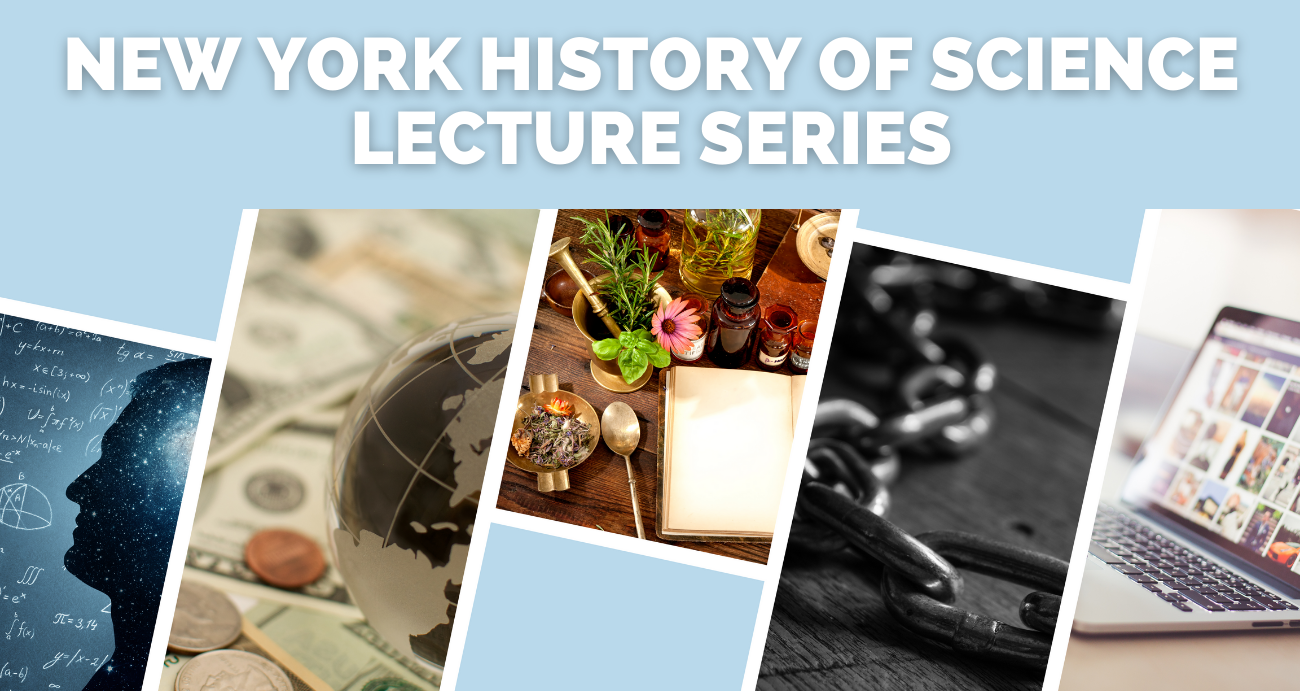Event Description
This talk explores West African slave trading zones as unique spaces in Atlantic itineraries of science and medicine. Frequently crumbling fortresses like Cape Coast Castle on the Gold Coast were transient, biocontact zones laced with violence, dehumanization, and disease. As such, gathering natural knowledge was characterized by an eclectic empiricism that had limited institutional support and scarce resources. Using fragmentary evidence culled from travel narratives, correspondence, and merchants accounting records, Carolyn Roberts illustrates how slave traders often functioned as scientific scavengers, seeking to consume West African natural knowledge wherever such might exist – whether in the malnourished bodies of enslaved people who had been trafficked hundreds of miles, or among enslaved girls and boys who grew physic gardens at slave factories. This talk problematizes early modern science and medicine by examining knowledge-making in a profoundly broken world.
Event Speaker
Carolyn Roberts, Assistant Professor of History of Science and African American Studies at Yale University
Event Information
This event is free and open to the public; Registration required. Please contact [email protected] with any questions.
This event is part of the New York History of Science Lecture Series.
Sponsoring Organizations:
- The University Seminars at Columbia University
- Columbia University in the City of New York
- NYU Gallatin School of Individualized Study
- The Graduate Center, City University of New York
- The New York Academy of Medicine
- The New York Academy of Sciences
The Center for Science and Society makes every reasonable effort to accommodate individuals with disabilities. If you require disability accommodations to attend a Center for Science and Society event, please contact us at [email protected] or (212) 853-1612 at least 10 days in advance of the event. For more information, please visit the campus accessibility webpage.

